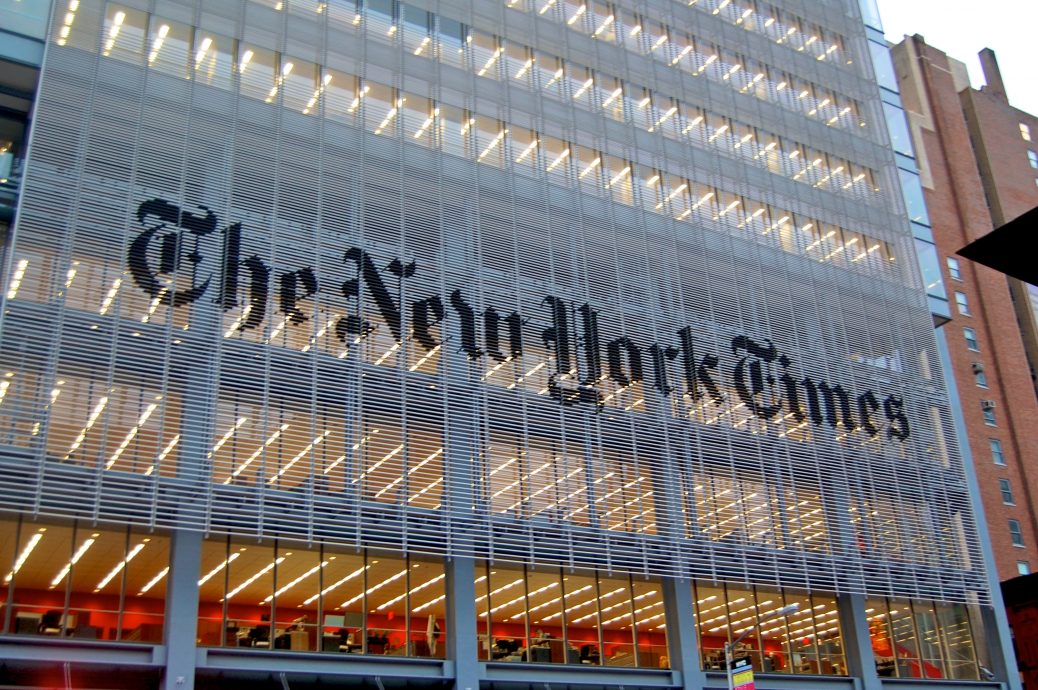In the Lone Star State, a long-running legal challenge to “release time” in public-employee union contracts approaches its finale.
The New York Times Gets Money and Politics Wrong
Nicholas Confessore’s long front-page article in Monday’s New York Times, “Rauner and his Wealthy Friends Are Remaking Illinois,” raises concerns about the power of rich individuals to influence elections. The article both subtly and overtly argues that rich people are using their money to overturn the kind of government citizens of Illinois want. But it actually shows the importance of preserving the First Amendment right to push back against the ingrained biases of the government and the media, like the New York Times itself.
The premise of the article appears to be that Bruce Rauner was elected governor of Illinois last November because of his ability to outspend his opponent, Pat Quinn. But the article omits a key fact – Quinn had the kind of very high disapproval rating that generally dooms an incumbent. Moreover, the race was not a very close one that could easily be changed by differential spending. Rauner defeated Quinn with 50.8 percent of the vote to Quinn’s 45.9 percent.
Second, the article also does not discuss all of Quinn’s advantages from the support of public sector unions. These advantages include not only their capacity to make contributions and independent expenditures, but also their innate advantages in motivating their members to vote in favor of candidates who will give them a sweet deal. The article implies that campaign expenditures are the most important kind of disproportionate influence that citizens can have, but the structure of government itself also creates ingrained biases.
Third, the article does not describe at any length the dreadful condition of Illinois. It does acknowledge its terrible fiscal situation that has worsened under the leadership of both parties – because of politicians’ incentives to make nice with public sector unions. But the New York Times article goes on to note that a provision in the Illinois Constitution that prohibits progressive taxation, as if more taxes on the rich would be the silver bullet.
The article does not discuss the many other dysfunctional aspects of Illinois that have nothing to do with taxes and spending. It is the third worst state in the nation in which to do business. Its strong public sector unions degrade public services. To take just one example, unions make it hard to discipline police officers. Hence an action of a police officer shooting someone sixteen times mostly while on the ground, despite having a litany of past infractions, becomes more likely.
The article suggests that the problem with the contributions of rich people is that they are creating an Illinois that other people do not want. But the article fails to mention that Illinois shed more people than any other state in the country last year and has been declining in population relative to other states for decades. People are voting with their feet that they do not like the kind of Illinois they have.
Thus the article selects some facts and omits others to advance the left-liberal agenda of regulating speech at the time of elections. Of course, it does not mention the agenda control that the media and academia exercises at other times—a media and academia whose measured ideology is more different from the average American than that of rich people. Mr. Confessore’s effort provides yet more evidence why everyone, including the rich, must have the right to distribute their messages as far and wide as the media.


